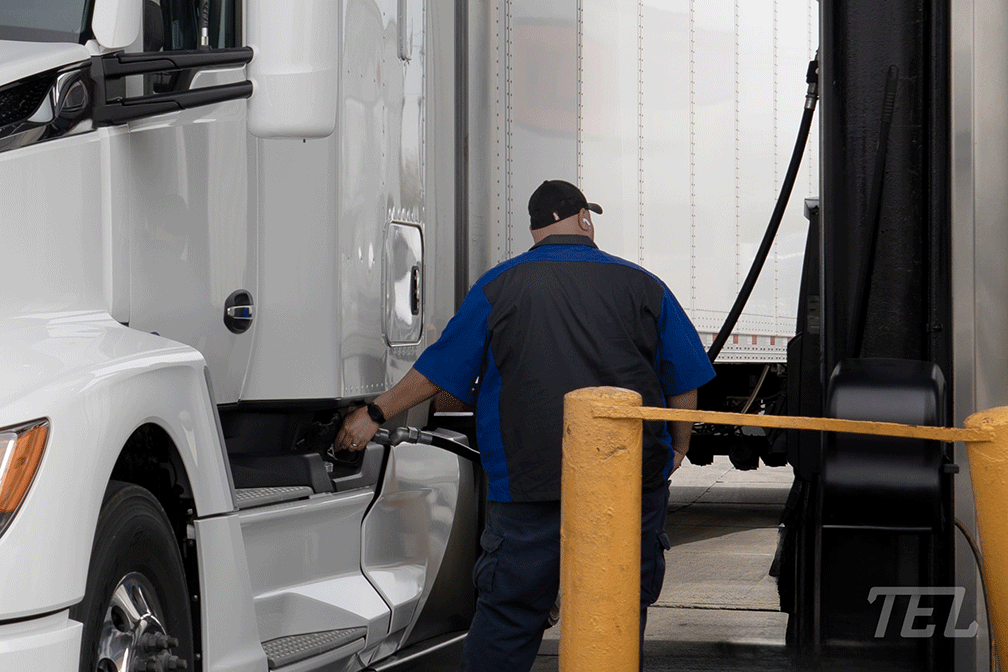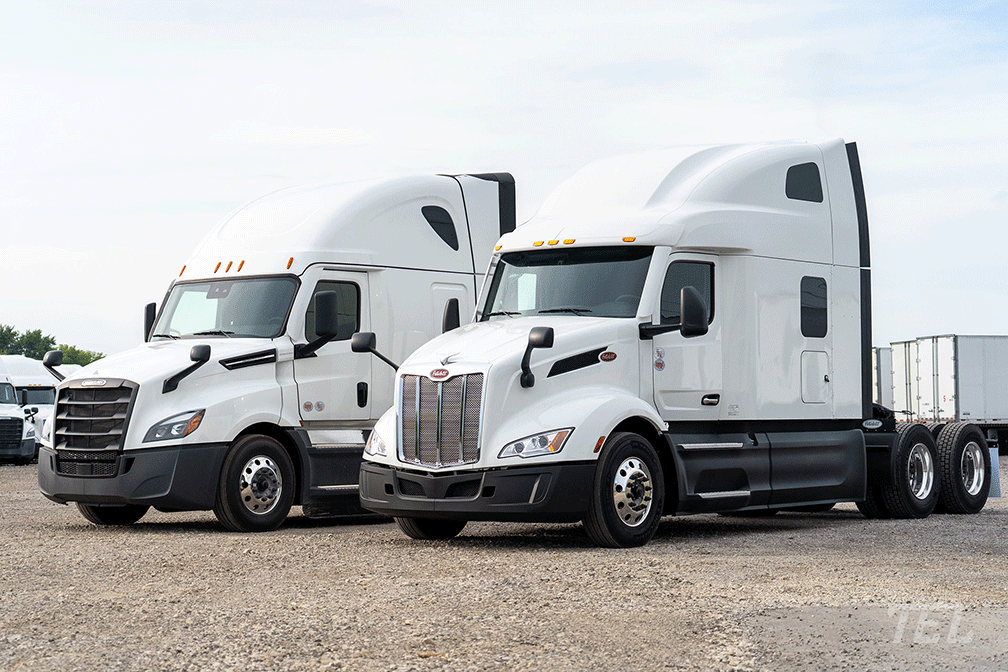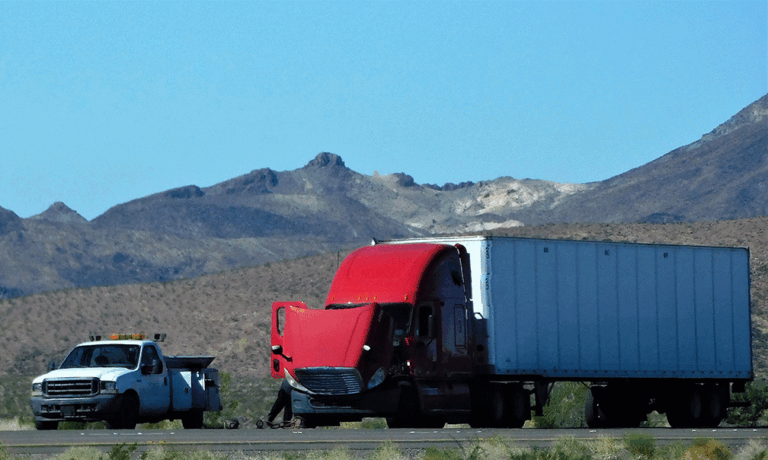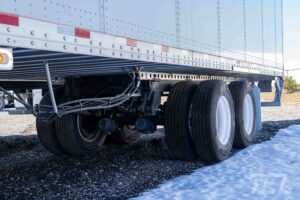SPONSORED BY TRANSPORT ENTERPRISE LEASING (TEL)
Operate a smaller fleet? You may already know about the advantages of leasing versus buying commercial trucks.
What you may not know is that the age of the equipment also matters.
Leasing new trucks instead of older models significantly reduces fuel and maintenance expenses. Your vehicles are out of the shop and on the road more frequently too, increasing revenues. New models also have enhanced safety features that help protect your drivers and the travelers sharing the road with them.
It’s true that pricing for used truck leases is usually less than pricing for new model leases. This reflects the lower value of older models. Just remember that used truck leases look cheaper on paper but carry back-end expenses that inflate your costs.
“When you look at all the factors to consider when financing equipment for fleets, it’s clear that new model leases are a smarter strategy than used truck leases,” explained Jacob Brazier of Transport Enterprise Leasing (TEL). “This same smarter strategy also applies to owner operators and smaller companies running between 1 and 5 trucks.”

Added Costs
One major fleet expense is fuel. Everyone knows that older models deliver poorer fuel economy than new vehicles, but what’s the difference in real-world terms? The experts at TEL decided to analyze a fleet leasing customer’s fuel costs before and after the company replaced 25 of its 2020 sleepers with 2024 models. The upgrade ended up saving the fleet nearly $270,000 a year in fuel expenses.
What about downtime and maintenance costs? Some used truck leasing companies tell customers their trucks are covered under a “full-term warranty.” Even the best of these cannot compare with the full factory warrantees that come with new truck leases, along with attractive purchase options after lease. Older equipment also requires more frequent repairs. You lose money every day a vehicle is not in service.
TEL’s fleet leasing experts looked at the actual costs of downtime. Using the same customer, the one that upgraded 25 sleepers, TEL calculated that the daily revenue lost if a single truck was out of operation for 1 to 15 days ranged from $1,100 ─$6,500. By leasing newer vehicles and taking advantage of TEL’s fleet support services, the customer is preventing an estimated $275,000 annual loss in revenue.
For owner-operators reading this, that’s about $11,000 per truck of potential revenue losses in a year if you drive a four-year-old truck — depending on how many miles you drive. When you add those losses to the added cost of maintenance and fuel economy losses with older trucks, a newer truck is a no-brainer.

The TEL Advantage
New truck leases reduce operating expenses for your fleet. TEL’s fixed-cost leases for new trucks also offer other benefits.
TEL leases require a much smaller initial investment than the cost of purchasing a new truck or using secondary third-party financing. Plus, the leases are for new vehicles from top, reputable brands. They come with full factory warrantees and TEL support services that minimize down time and repair costs.
The company also recognizes that equipment must be replaced regularly to ensure your profitability. That’s why TEL lease terms are short — typically 24 to 33 months, whatever makes the most sense for your business.
You never have to deal with accelerating depreciation, or the increased maintenance and down time required for older models. Click Here to read the full copy of the white paper that details a customer success story and all of the savings mentioned above.
For more information about TEL’s Fleet Leasing program, call 423-214-3910 or visit TEL360.com.
Linda Garner-Bunch has been with The Trucker since 2020, picking up the reins as managing editor in 2022. Linda has nearly 40 years of experience in the publishing industry, covering topics from the trucking and automotive industry to employment, real estate, home decor, crafts, cooking, weddings, high school sports — you name it, she’s written about it. She is also an experienced photographer, designer and copy editor who has a heartfelt love for the trucking industry, from the driver’s seat to the C-suite.








